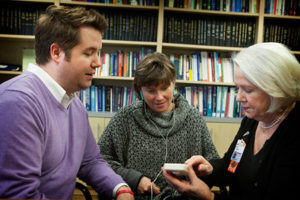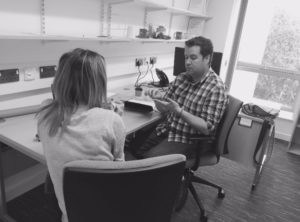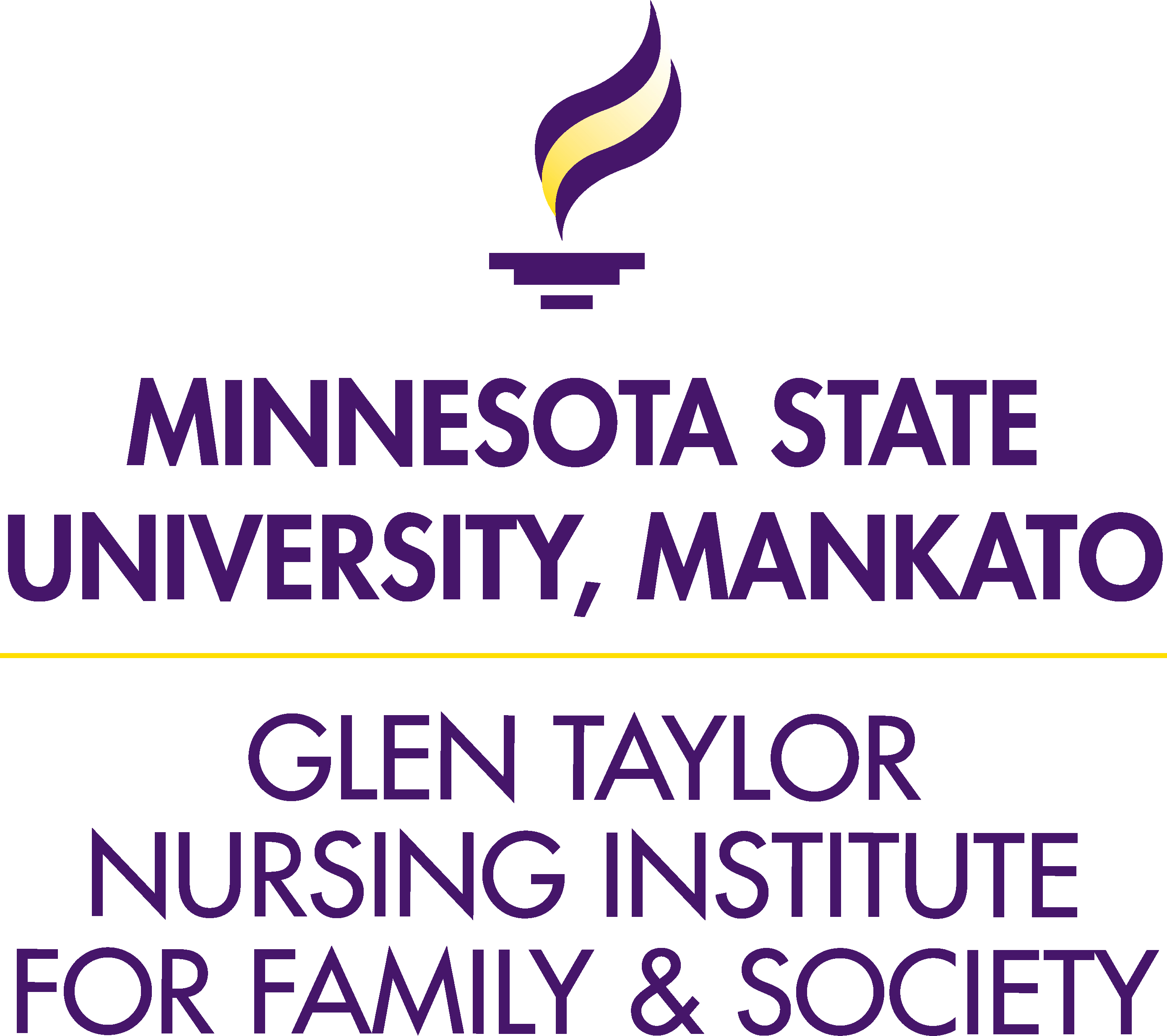“Well, you’re not a nurse, so what do you have to offer?”
 When I began my academic career as a nursing faculty member, I heard various takes on the quote above with some regularity during my first couple of years as an Assistant Professor. At times, I found it odd, confusing, frustrating, and short-sighted in equal measure.
When I began my academic career as a nursing faculty member, I heard various takes on the quote above with some regularity during my first couple of years as an Assistant Professor. At times, I found it odd, confusing, frustrating, and short-sighted in equal measure.
It was odd to me because I knew of other nursing faculty members at universities who were not nurses, like Joseph Gaugler and IFNA member Kathy Knafl. I also found it confusing because it seemed, in my mind, to be antithetical to what I had learned and appreciated about nursing and nursing process while I was a research fellow in a school of nursing. Knowing that nursing continues to expend a great deal of effort and energy to have a seat at the table in health systems, health care, and health sciences research, I was confused by the sentiment of pushing someone out rather than welcoming them. This was made all the more confusing given the emphasis on and benefits of interprofessional education in nursing.
As a new faculty member building a research program centered on family health, it was frustrating to be perceived sometimes as having nothing to offer nursing science, particularly when I had so readily incorporated nursing science findings and approaches into my research. As a former lab technician and biomedical laboratory researcher, I consider myself to be someone who is hypothesis-driven and willing to incorporate various methods and perspectives to answer my research questions. And given the state of health care and chronic disease epidemics facing our society globally, I felt such comments were short-sighted because the old, rote ways of doing things were not always giving us the results and innovations we needed to move science, practice, and policy forward. New ways of thinking about problems were needed, in my opinion, and a multidisciplinary and interprofessional approach was required.
As a faculty member in a college of nursing, I know that my work and perspective needs to integrate nursing science and health sciences research. I have a lot of nursing scientists, particularly gerontological nurses, as collaborators. But I have just as many collaborators who are engineers, behavioral psychologists, public health scientists, and policy wonks. And some of those multidisciplinary collaborators happen to be nurses, too. Just as important as it is to consider all of the things that nurses can do and offer with regard to other disciplines, I believe the other side of that coin is just as important in terms of what other professions and disciplines have to offer nurses and family nursing.
During our most recent meeting of the IFNA Communications Committee, we discussed how we can expand the reach of IFNA among family nurses, as well as family health scholars in other disciplines and professions. We talked about how the notion that IFNA is “just about nursing” might be off-putting to those outside of nursing. Perhaps they don’t feel that they have anything to offer or that they will not be made to feel welcome in a nursing organization. And while I can understand that, I’d like to counter that sentiment or perception with my experience with IFNA.
Without exception, my presence and value as someone without a nursing background has not be questioned or dismissed when engaging with IFNA members. In fact, it’s been quite the opposite. For example, Janice Bell invited me to join the IFNA Communications Committee in part because I offer a different perspective to family health research. And I appreciate that. When my IFNA colleagues reach out to me for my input, not only do I feel valued as a scholar, but I also appreciate the recognition of my work as being an important contribution to family health research.
So, how do we engage additional multidisciplinary and interprofessional family health scholars in nursing science and IFNA?
First, I think we invite them. An invitation is a way of recognizing the value of someone’s work and what they have to offer. Second, we tell our stories of multidisciplinary and interprofessional collaboration. This creates space for more of those collaborative efforts and, in a way, extends the invitation to be part of family nursing and IFNA indirectly. And finally, I would think that connecting current family health scholars who are members of IFNA with prospective members is a way to address perceived barriers and build support.
In the end, I believe those who find themselves drawn to family health are following a passion to improve the health and lives of others. Whether your background is nursing, sociology, nutrition, or biochemistry, that passion and goal is something I think we can all support.
Joel G. Anderson, PhD, CHTP, is an Associate Professor at the University of Tennessee College of Nursing and a member of the IFNA Communications Committee. His research focuses on support of family caregivers and persons with dementia. He uses social media as one way of examining the family caregiving experience. You can follow him on Twitter at @JoelAndersonPhD or read his blog.
